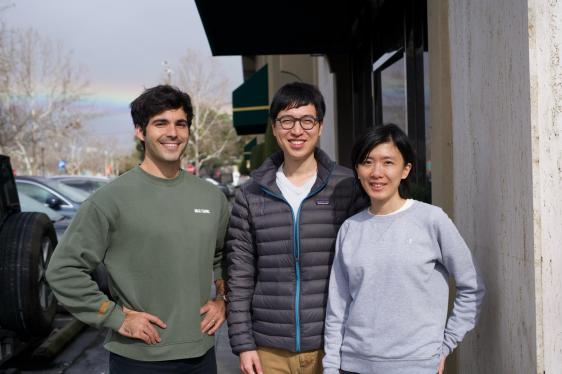Applied AI research company Fundamental Research Labs, formerly known as Altera, announced today that it has raised $33 million in Series A funding. The round was led by Prosus, with participation from Stripe co-founder and CEO Patrick Collison.
The company operates with a unique structure, working on multiple AI applications across different fields. Initially, during its seed funding phase, Fundamental Research Labs focused on developing bots capable of playing Minecraft. Today, the company has expanded into several teams: a games team, a prosumer team building apps, a core research team, and a platform team. Founder Dr. Robert Yang, a former MIT faculty member, describes the company as aiming to be a “historical” entity rather than following a traditional startup model.
Fundamental Research Labs is already generating revenue by charging users for its AI agent after a seven-day trial. Among its products is Fairies, a general-purpose consumer assistant that allows users to chat with an AI bot, integrate applications, and query knowledge bases. The app can also schedule appointments and automate workflows, serving as a testing ground for the company’s AI models and platform technology.
Another product, Shortcut, is a spreadsheet-based agent designed for financial modeling and analysis. Functioning like a junior analyst, Shortcut operates autonomously while maintaining an Excel-like interface tailored for power users.
Sandeep Bakshi, an investment partner at Prosus, highlighted the company’s focus on digital humans with practical applications. “Their recent launches, like Fairies and Shortcut, aren’t just demos; they’re already demonstrating how AI can augment the human workforce in meaningful ways,” Bakshi noted.
Last year, the company secured $9 million in seed funding co-led by First Spark Ventures and Patron, with participation from a16z SPEEDRUN and Eric Schmidt. To date, Fundamental Research Labs has raised over $40 million.
Yang emphasized the company’s broader ambitions, stating that while productivity apps are the current focus due to their high value potential, the long-term goal is to address physical problems and advance toward robotics.
A correction was made to clarify that the Series A funding amount was $33 million, not $30 million.

